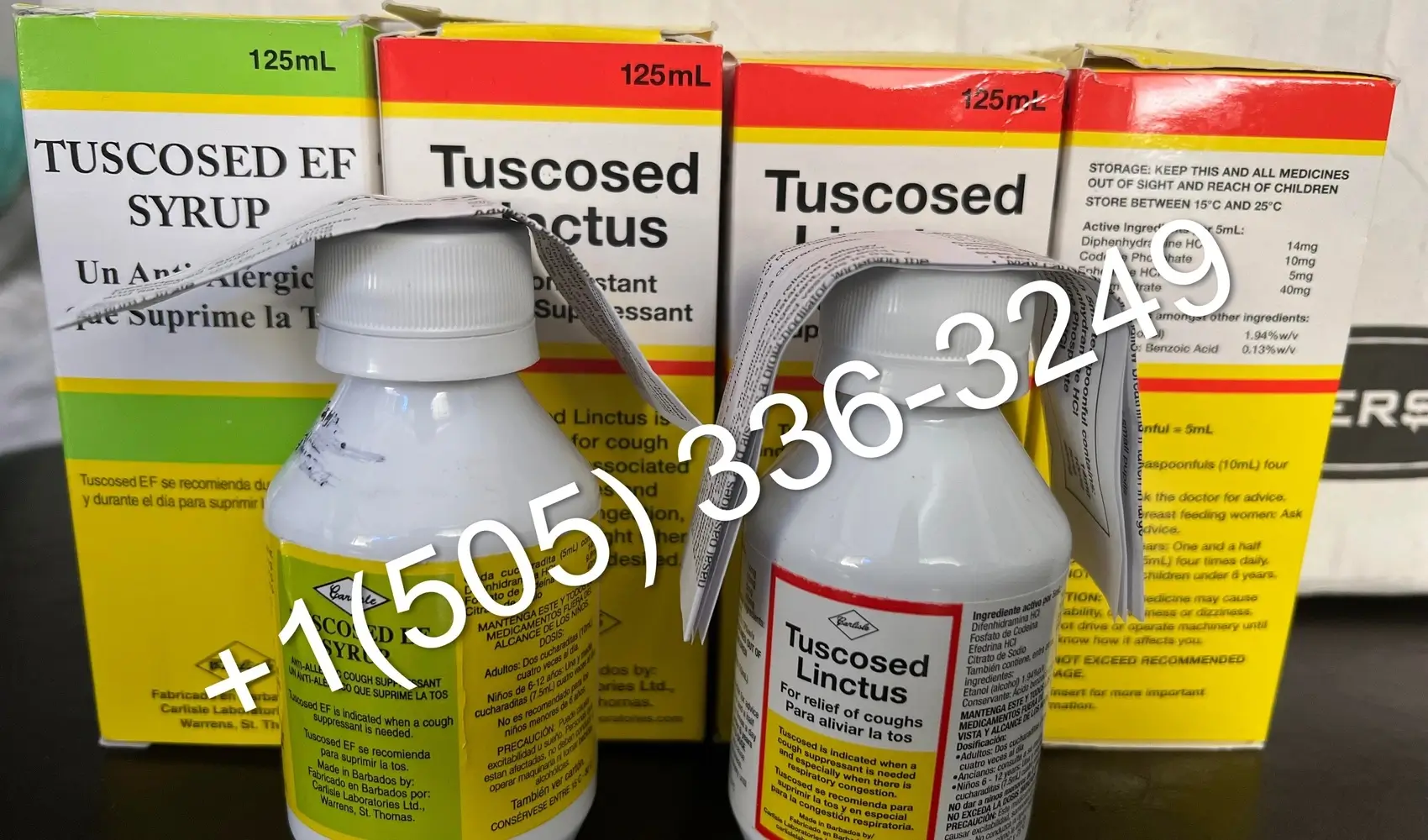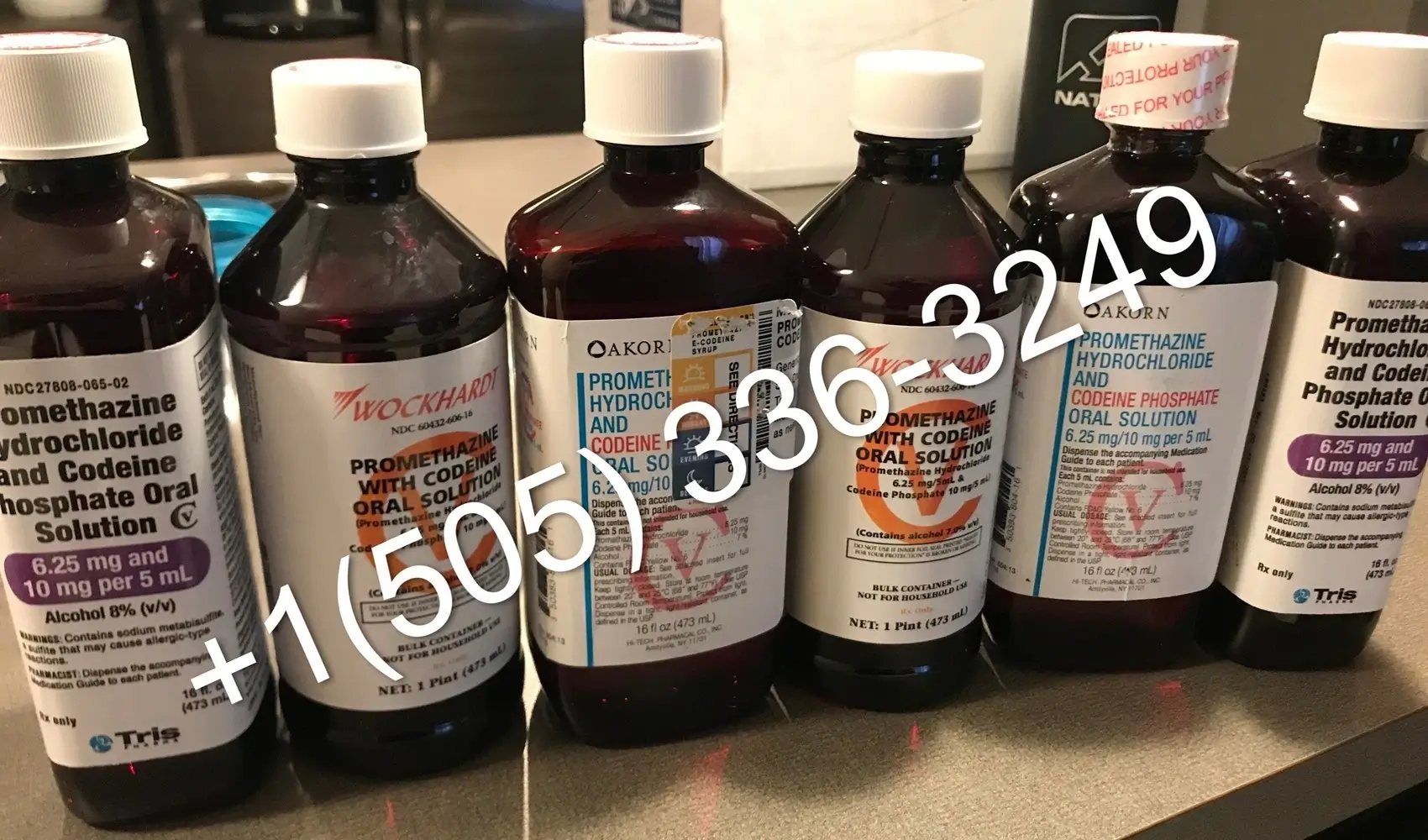Your cart is currently empty!
What are Benzodiapines ?
Benzodiazepines are depressants that produce sedation and hypnosis, relieve anxiety and muscle spasms, and reduce seizures. Benzodiazepines are controlled in Schedule IV of the Controlled Substances Act. Benzodiazepines are associated with amnesia, hostility, irritability, and vivid or disturbing dreams. Benzodiazepines slow down the central nervous system and may cause sleepiness and relaxed mood.
What is their origin ?
Benzodiazepines are only legally available through prescription. Many users maintain their drug supply by getting prescriptions from several doctors, forging prescriptions, or buying them illicitly. Alprazolam and clonazepam are the two most frequently encountered benzodiazepines on the illicit market.
What are common street names?
Common street names include Benzos and Downers.
What do they look like?
The most common benzodiazepines are the prescription drugs Valium, Xanax, Halcion, Ativan, and Klonopin. Tolerance can develop, although at variable rates and to different degrees. Shorter-acting benzodiazepines used to manage insomnia include estazolam (ProSom), flurazepam (Dalmane), temazepam (Restoril), and triazolam (Halcion). Midazolam (Versed), a short-acting benzodiazepine, is utilized for sedation, anxiety, and amnesia in critical care settings and prior to anesthesia. It is available in the United States as an injectable preparation and as a syrup (primarily for pediatric patients). Benzodiazepines with a longer duration of action are utilized to treat insomnia in patients with daytime anxiety. These benzodiazepines include alprazolam (Xanax), chlordiazepoxide (Librium), clorazepate (Tranxene), diazepam (Valium), halazepam (Paxipam), lorzepam (Ativan), oxazepam (Serax), prazepam (Centrax), and quazepam (Doral). Clonazepam (Klonopin), diazepam, and clorazepate are also used as anticonvulsants.
How are they abused?
Abuse is frequently associated with adolescents and young adults who take the drug orally or crush it up and snort it to get high. Abuse is particularly high among heroin and cocaine users. Additionally, opioid users often coabuse benzodiazepines to enhance euphoria
What are their overdose effects?
Effects of overdose include: • Extreme drowsiness, confusion, impaired coordination, decreased reflexes, respiratory depression, coma, and possible death. Overdose effects of concomitant use of benzodiazepines and opioids include: Profound sedation, respiratory depression, coma, and death.





Leave a Reply